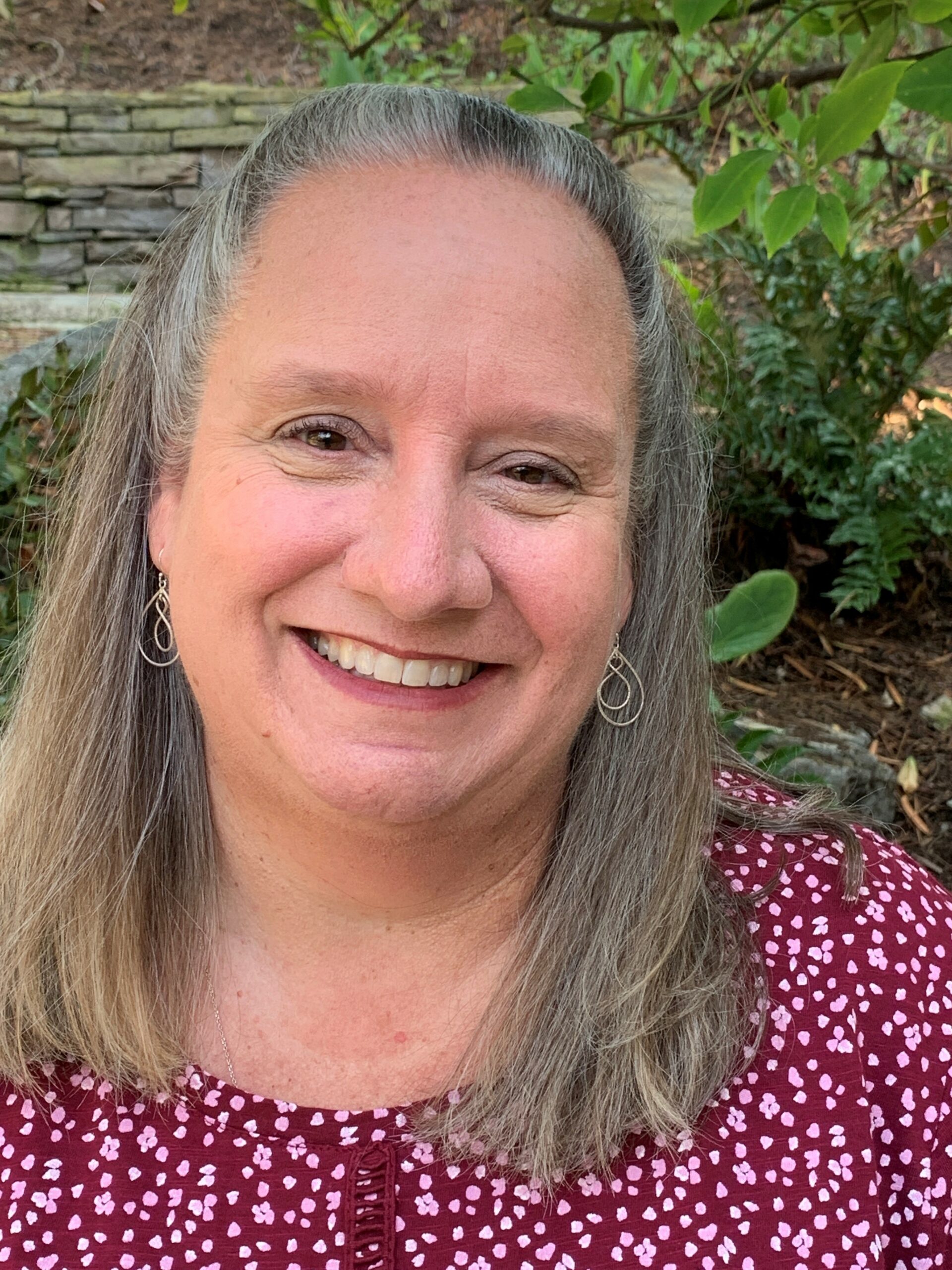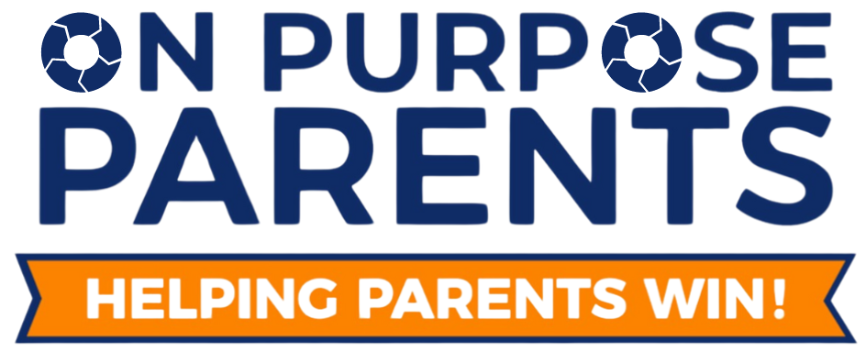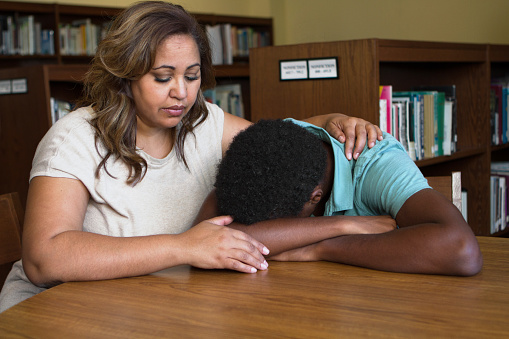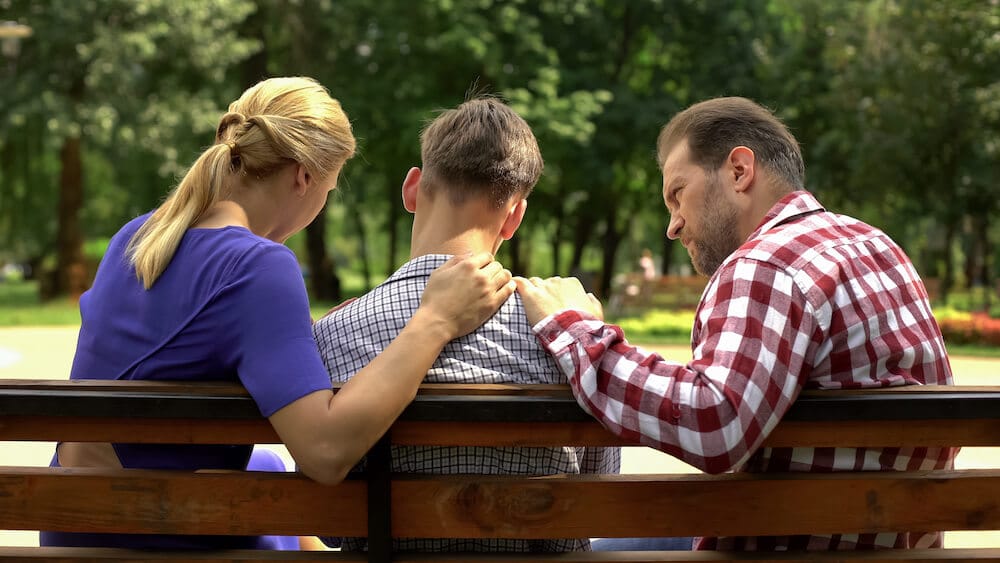Children who self-harm use it as an attempt to control or stop emotional pain or distress and heal themselves. Others use it to ‘feel something’ rather than nothingness. Some do it to express feelings of hopelessness, seek help, influence others, or get back at someone.
The two most common forms of self-harm are cutting and burning. Self-harming behaviors have no single cause but are triggered by specific events. The most common trigger is feeling rejected. More girls than boys engage in this practice and self-harming teens are rarely suicidal.
Here are suggestions for discussing self-harm with your child:
- Your observations
“I noticed some marks on your arms. I’m worried because I care about you. Are you hurting yourself?” If you have reason to believe they are self-harming, be straightforward. Describe what you see, and say you think there’s a problem. Express your concern and ask them directly. Make sure you talk to them in a loving, non-judgmental way.
- Acknowledge their pain
“Do you want to tell me what’s going on?” You can say, “I don’t know what you’re going through, but I can tell you’re having a really hard time.” Invite them to talk about what’s causing their pain. Don’t rush to offer advice. Just listen to them and show your love and concern. Don’t attempt to convince them that their feelings aren’t justified or their behavior isn’t rational. It can make them feel worse.
- Offer to get them help
Self-harm is a complex issue that comes with other behavioral and mental health problems like substance abuse and depression. Stopping the behavior and learning coping mechanisms usually require the help of a mental health professional. Saddleback Church has an extensive list of licensed therapists to help your child if necessary.
Pray for your child:
“Lord, I know you see the pain causing my child to hurt themselves. Please come and comfort them, letting them know how valuable they are to you. Please strengthen me as I walk this journey back to wholeness with them. Give me wisdom and the right words to say to support them. Lord, you are the healer. You know what it will take to help them. We love and trust in you. In Jesus name, Amen.”
If you want to know more about this topic, CLICK HERE
Author
-

Amy Kendall is the Next Gen Disabilities and Mental Health Pastor at Saddleback Church and has been on staff there since 2007. Before working at Saddleback, she worked for 10 years in the educational sector as a behavior specialist, specializing with children on the autism spectrum. Amy graduated from Pacific Christian College with her BA in Ministry and from Hope International University with her MA in Marriage, Family, Child Counseling. Amy was recently on the board of the Disability Ministry Conference as their vice president and speaks often in regards to disability ministry. Amy also has a teenage son with multiple disabilities and mental health struggles and believes that she is a better pastor because she gets the blessing to be his mom.






